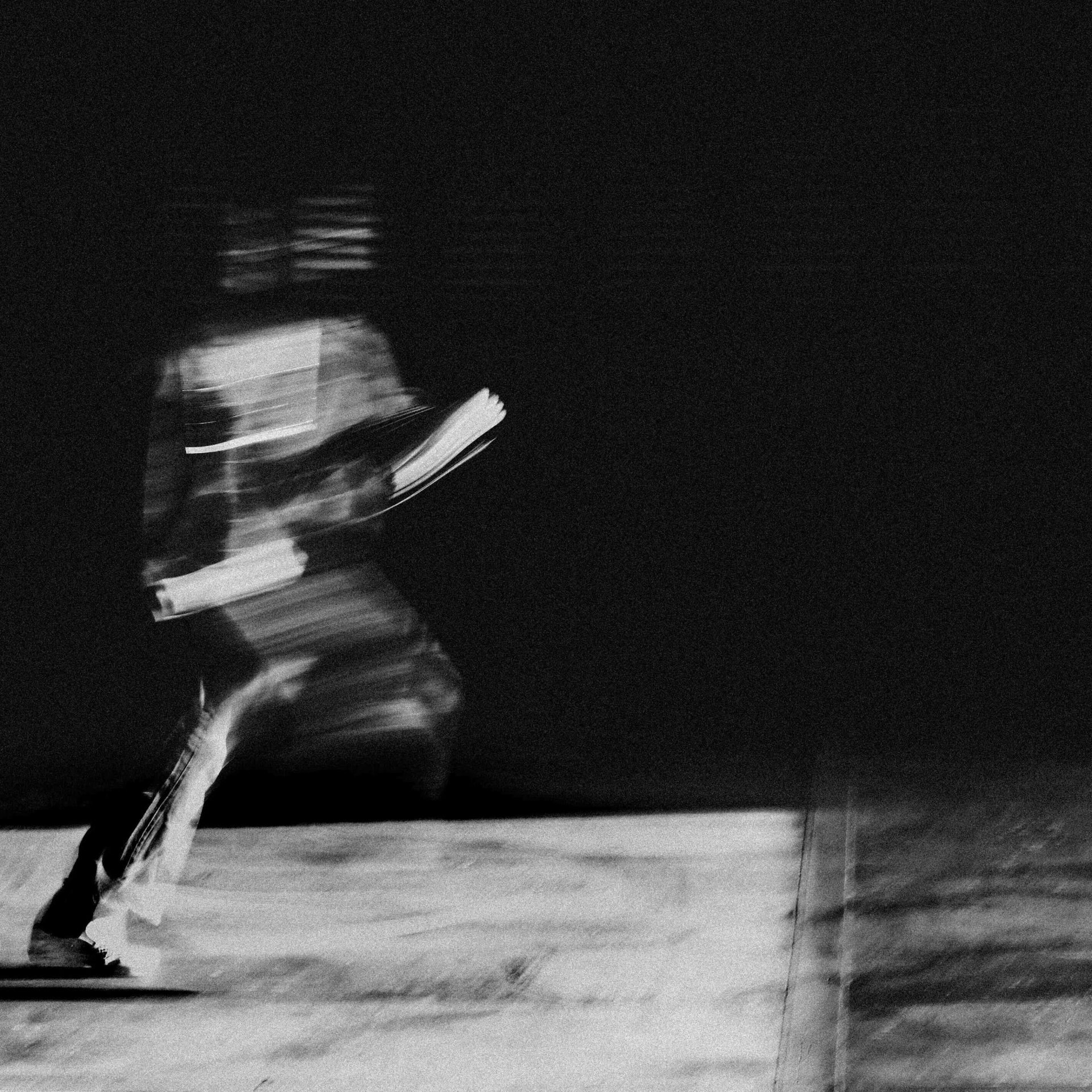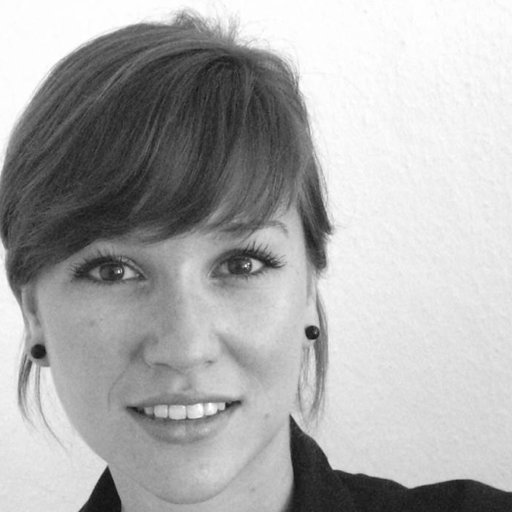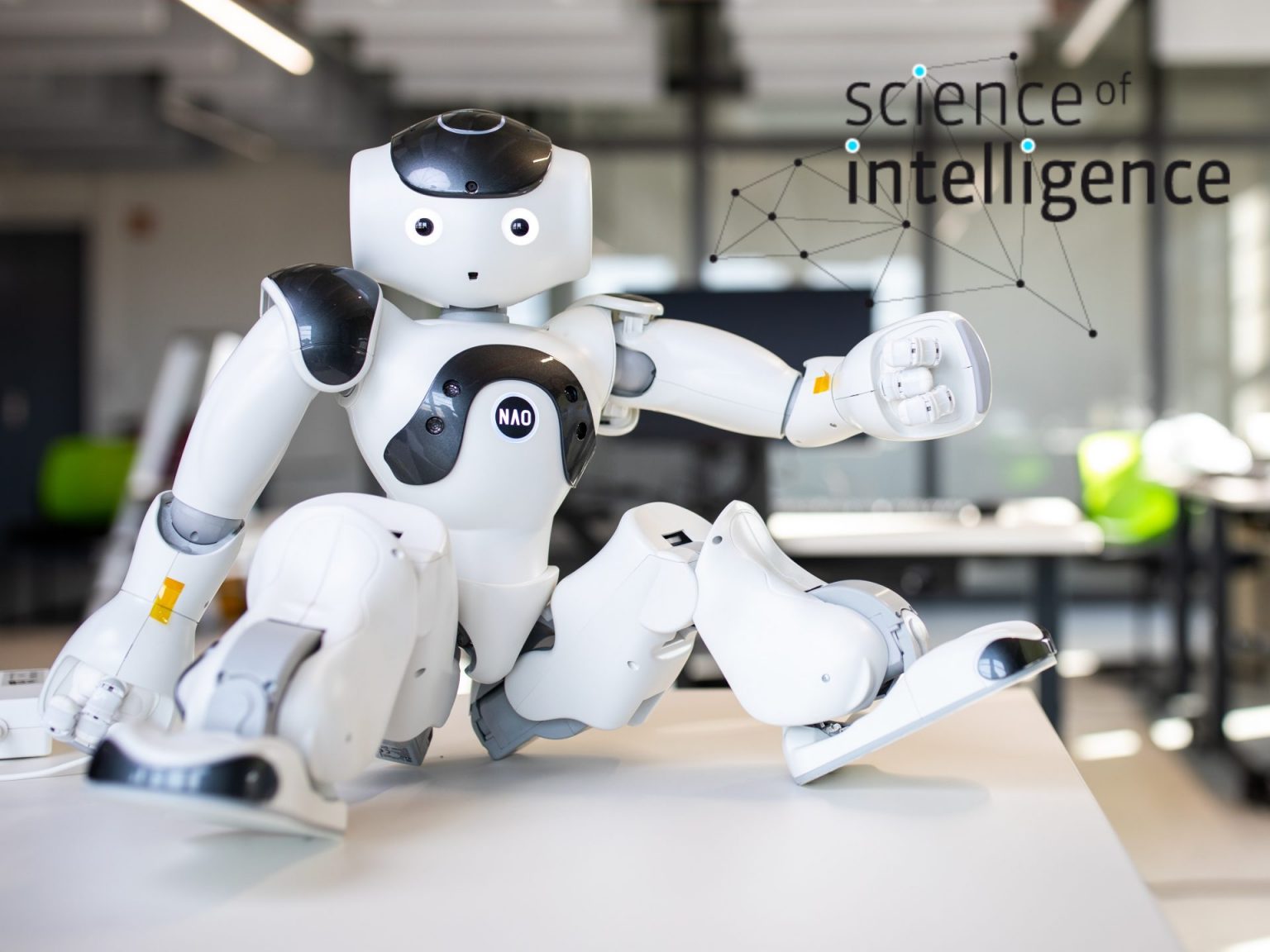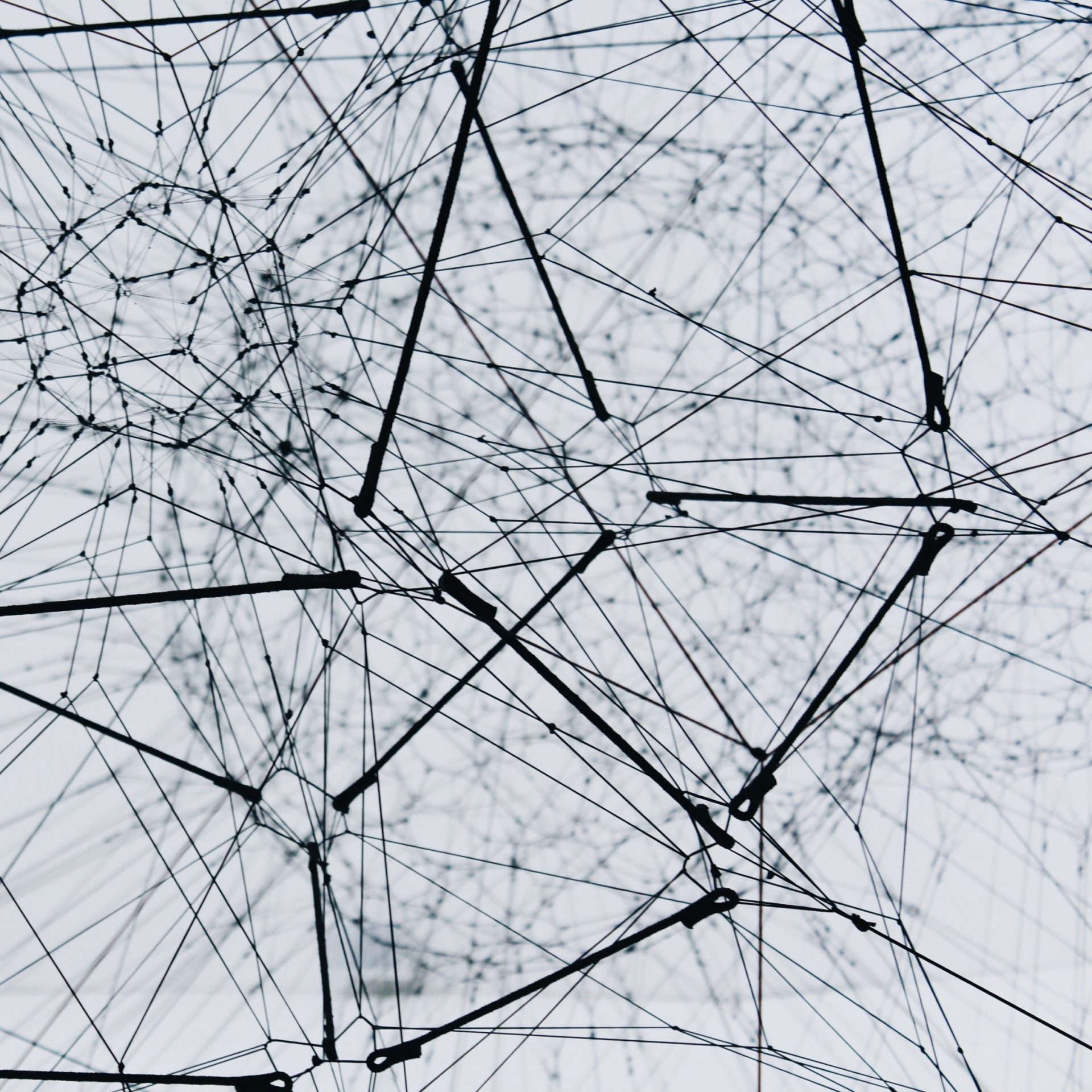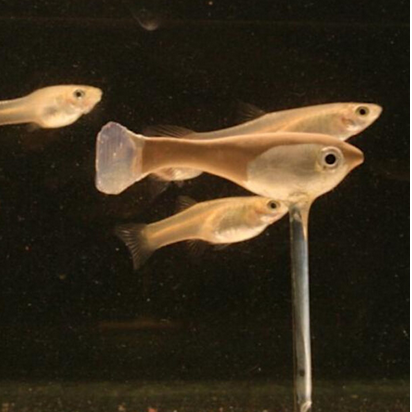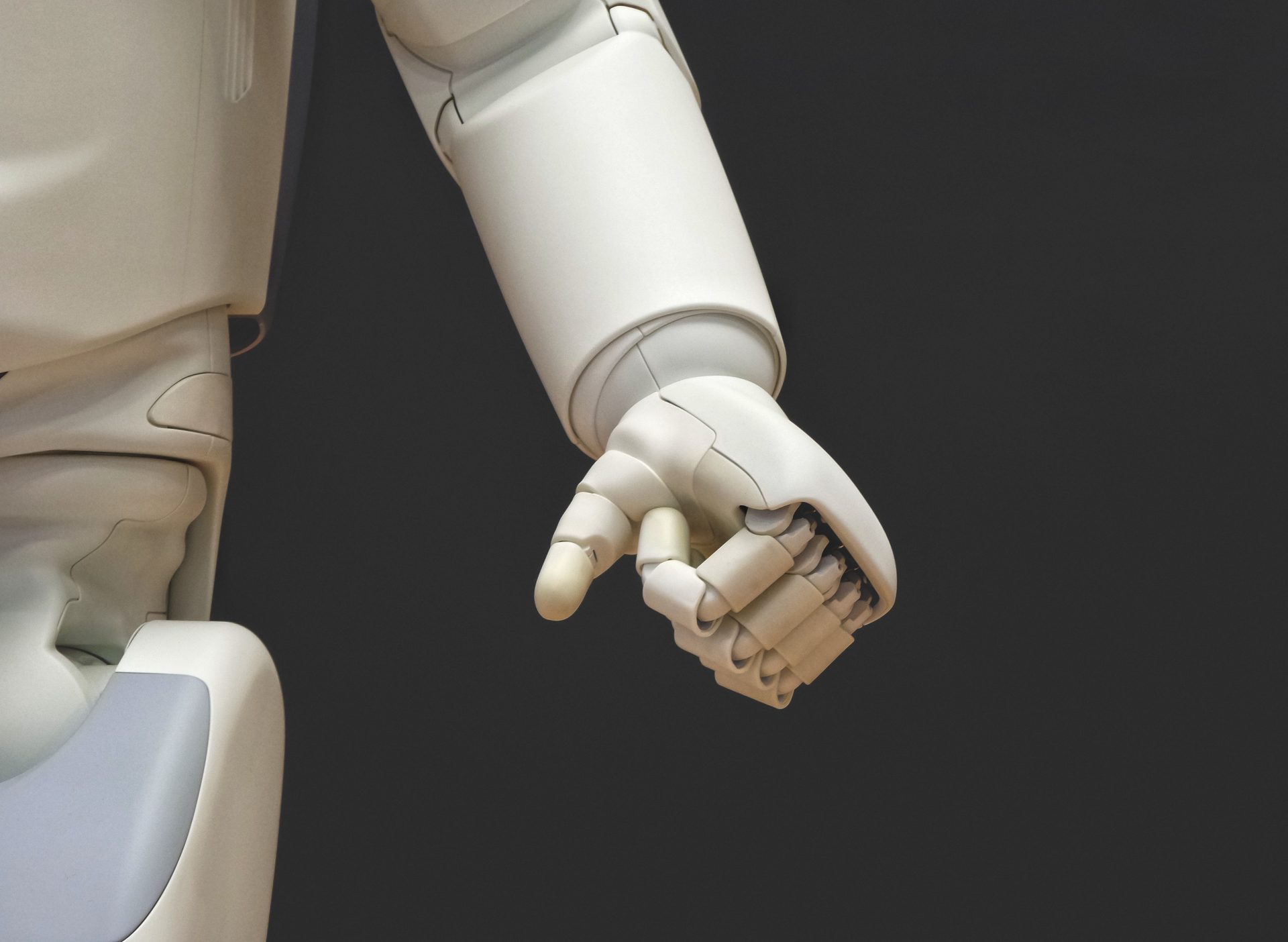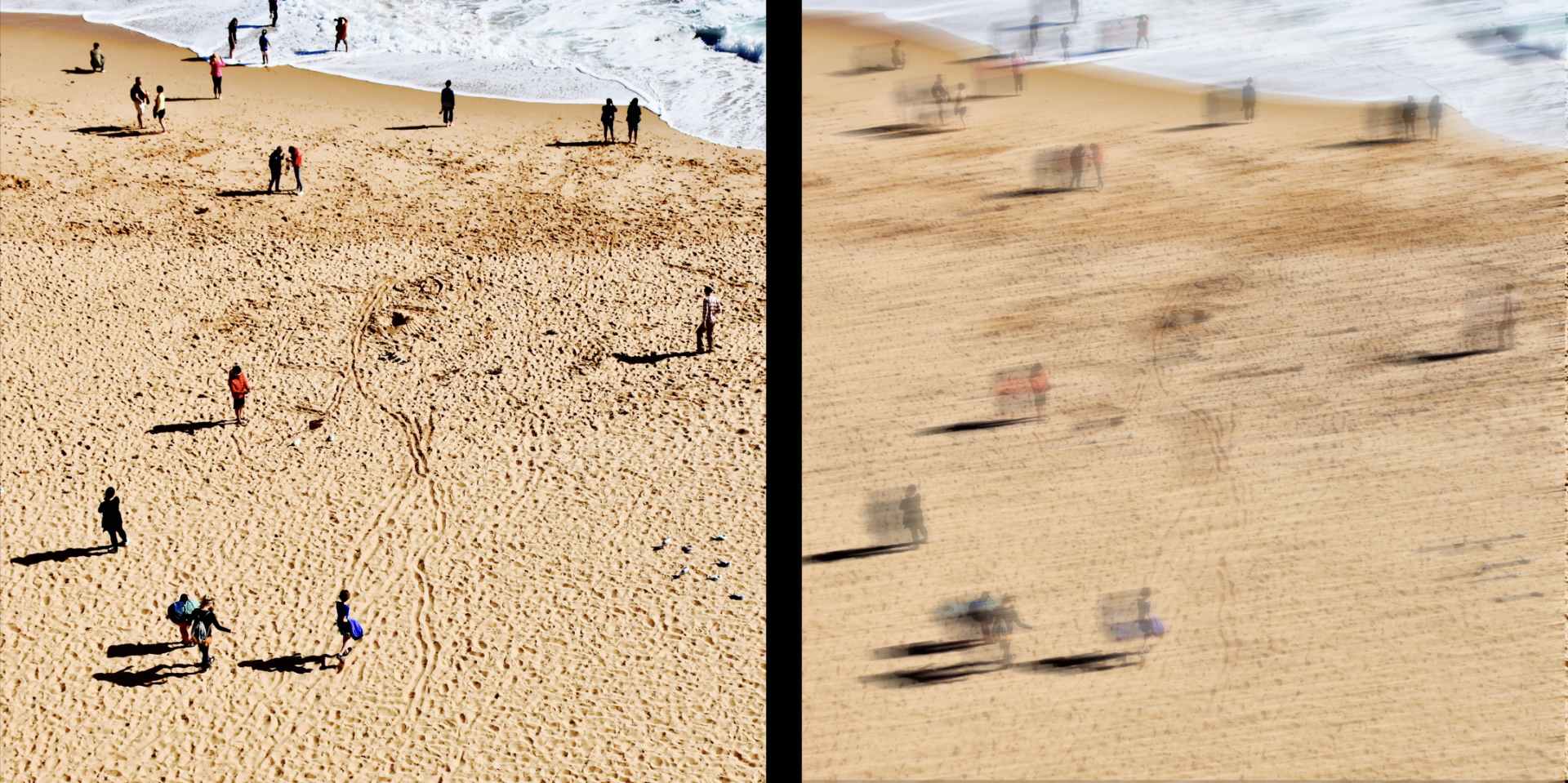
MEET THE SCIENTIST at HU Labor With Martin Rolfs, “Movement in the Eye of the Beholder. How Looking Shapes Visual Perception”
Abstract: The eyes are the Marco Polo of the human body — they travel incessantly across the visual world in front of us, curious for interesting or even insightful information. Tracking someone’s eye movements, therefore, provides insights into their perception and cognition — the eyes are indeed a window to the mind. That eye movements
